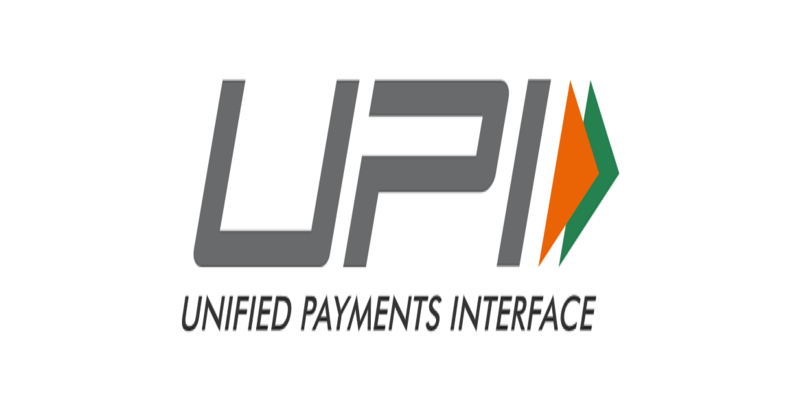In an endeavour to build resilient future and unified digital foundations, Deloitte Touche Tohmatsu India LLP launched a comprehensive “Digital Public Infrastructure (DPI) playbook for nations” designed to help countries understand, implement, and harness the potential of DPIs, as per their local digital preparedness. The playbook was launched at Deloitte India’s Government Summit “Āarohaṇa (आरोहण): Growth with Impact” in the presence of Dr. Pramod Varma, CTO EkStep Foundation and Chief Architect India Stack; Shankar Maruwara, CEO and Co-Founder at EkStep; Romal Shetty, CEO of Deloitte South Asia; and Deloitte’s global leaders from the Government and Public Services industry.
This DPI playbook comes at a time when the world and particularly India stands at the cusp of a technological revolution. Nations are witnessing unprecedented technological advancements, leading to a monumental shift in the way societies, businesses, citizens, and government operate, communicate, and evolve. This playbook provides a framework that would help countries understand, implement, and harness the potential of DPIs to accelerate digital transformation. It further attempts to address funding and outreach strategies, emphasizing the significance of securing financial support and engaging the right set of stakeholders and change managers. The DPI playbook acts as a call to action for policymakers and stakeholders who have been trying to define a DPI roadmap journey for their respective countries, solving for security and scale as a sustainable, affordable digital transformation strategy.
Sharing his view on the playbook, NSN Murty, Partner, Government and Public Services Consulting Leader, Deloitte India, said, “This is India’s techade. We are proud that India is leading the DPI story by demonstrating use cases built around Aadhar, and UPI. The playbook’s multifaceted approach, meticulously crafted by experts, is designed to empower countries with tools and knowledge required to navigate the complex terrain of digital transformation.”
He further added, “The DPI playbook is equipped to be considered as a trusted companion for government leaders, decision-makers across levels, and digital champions that provide insights to foster collaboration and effective governance structures. It will serve as a pivotal kick-starter, strategically redirecting governments, industry champions, and technologists towards a blueprint for DPIs with core design principles and a pragmatic building block approach. The playbook will provide countries an essential launchpad to assess their existing DPI landscape. Both government departments, and state ministries, may use this playbook as a ready reckoner to institutionalise DPI and DPGs.”
About the playbook
The playbook focuses on reusing resources and adopting a strategic and sustainable transformation strategy. This will help countries maximise the impact of their DPI initiatives. The playbook outlines step-by-step guidance, combining existing resources with new developments, emphasizing each country’s need for a technology foundation layer that is sector-agnostic, reusable, and globally applicable. The well-structured DPI has the following features:
Interoperability: Serves as a standardised framework and common infrastructure that allows different sectors, such as healthcare, transportation, education, and finance, to seamlessly connect and exchange information.
Efficient and cost-effective: Avoids duplicative efforts and redundant infrastructure development. DPI promotes resource optimisation using a common digital infrastructure for multiple sectors.
Flexible and adaptive: Allows for the integration of new services, applications, and technologies without significant reconfiguration or rebuilding the underlying infrastructure and keeping pace with evolving requirements and advancements.
Effective and proactive governance: Helps in framing outlines, regulations, and standards that entities operating within the digital ecosystem must adhere to.
Cross-sector collaboration: Promotes collaboration and information sharing amongst different sectors. It facilitates the exchange of best practices, knowledge, and insights amongst different sectors, enabling cross-sectoral innovation and problem solving. It facilitates the exchange of best practices, knowledge, and insights, enabling cross-sectoral innovation and problem solving.
A citizen-centric DPI: Adapts to local needs, ensuring intuitive and inclusive digital services for efficient local service delivery ecosystems.
Scalable: Gives a foundation that can accommodate the increasing demand from different sectors and scale up to support rising volumes of data, transactions, and users.







